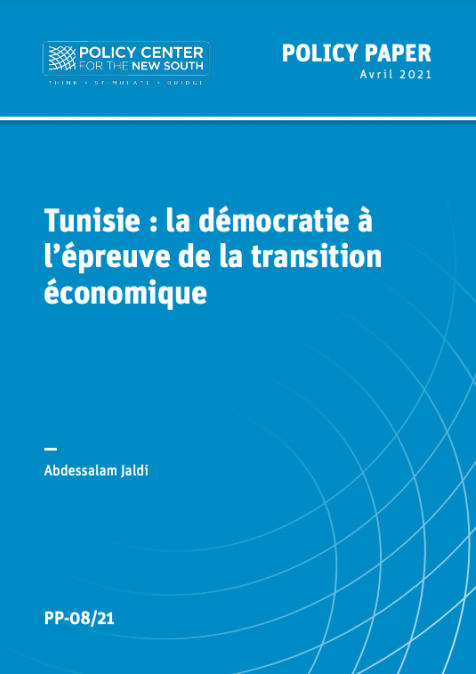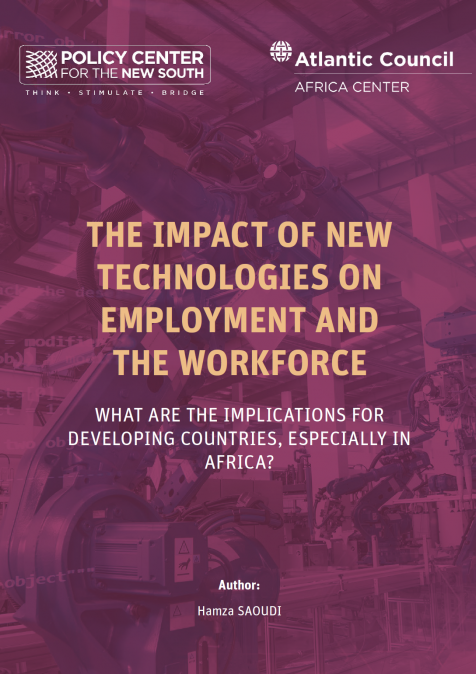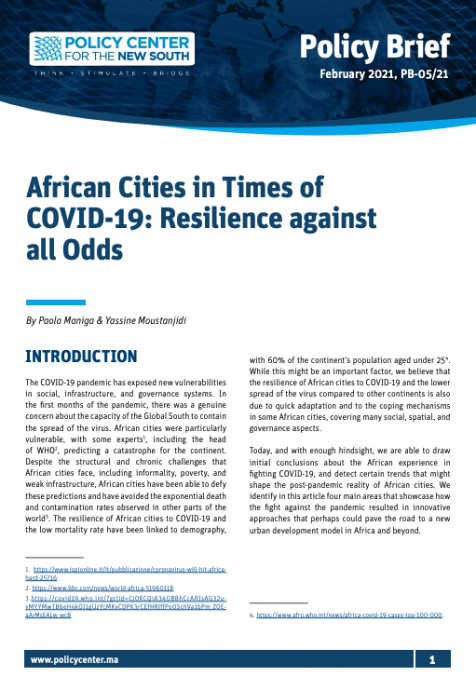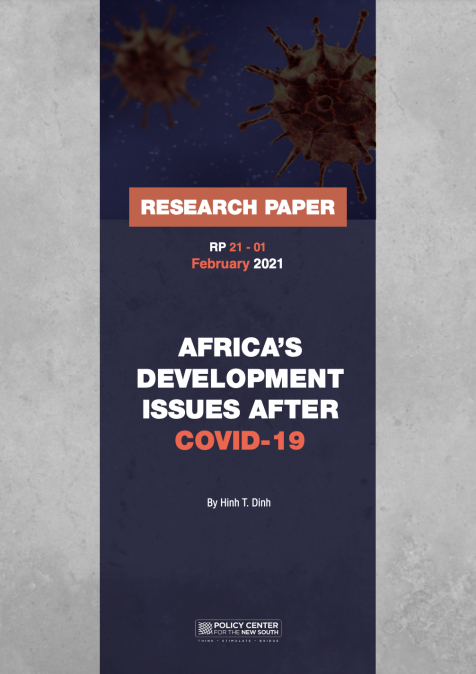The Native Indians in Guyana are among the country’s poorest populations. The RE NEW TT project wished to address one of the major problems the country’s Native Indian community is dealing with: the lack of access to energy. RE NEW TT installed a PV solar system at the sole indigenous people's hostel in Georgetown, Guyana which has little access to energy. This hostel is a central hub for the Native Indian community. This system is being used to meet the critical loads within the hostel. The system is also used as a training tool for the residents and villagers (over 2500 annually) in solar energy installation and maintenance. The solar panels will provide sustainable energy for the hostel for the next 30 years while RENEW TT will continuously monitor the system and evaluate it until 2023. About Teocah: Ms Teocah Arieal Ainka Dove is a Social Extrapreneur and Social-Impact Storyteller. Teocah’s diverse expertise has seen her serving in leadership positions in the international development sector over the last ten (10) years either communicating on, designing, providing technical direction on, implementing and/or managing development programmes. With well-honed innovative and leadership capacities and a knack for information and communication technology for social change, Teocah dedicates her efforts in the Caribbean as an interdisciplinary consultant with development organisations, through her eponymous foundation and as a pro bono advisor with civil society. Teocah works collaboratively with governments, development organisations, non-profits, and public and private sector institutions, to develop synergies for social change, creating facilitating platforms to harness and leverage the creative combinations of ideas, people, communities and resources to create shared value. Teocah’s work centres around human-centred solutions to social change through action research, evidence-based policies and programmes, innovative human and social development interventions, social and behaviour change communication, capacity development, stakeholder networking and philanthropy. Presently, Teocah works with the Deutsche Gesellschaft für Internationale Zusammenarbeit (GIZ) GmbH where she serves as the Communication and Visibility Advisor for the 11th European Development Fund (EDF) Technical Assistance Programme for Sustainable Energy in the Caribbean (TAPSEC) leading the implementation of a high-impact communication, public relations and digital marketing strategy articulating the Caribbean’s transition to a low-carbon, sustainable and climate-resilient region. A British Chevening scholar, Teocah holds an MSc in Gender and International Relations from the University of Bristol, a (BA Hons) Media and Communications from the University of Greenwich and an AAS in Journalism and Public Relations from the College of Science Technology and Applied Arts of Trinidad and Tobago. Teocah is presently an MSt Social Innovation candidate at the University of Cambridge.










